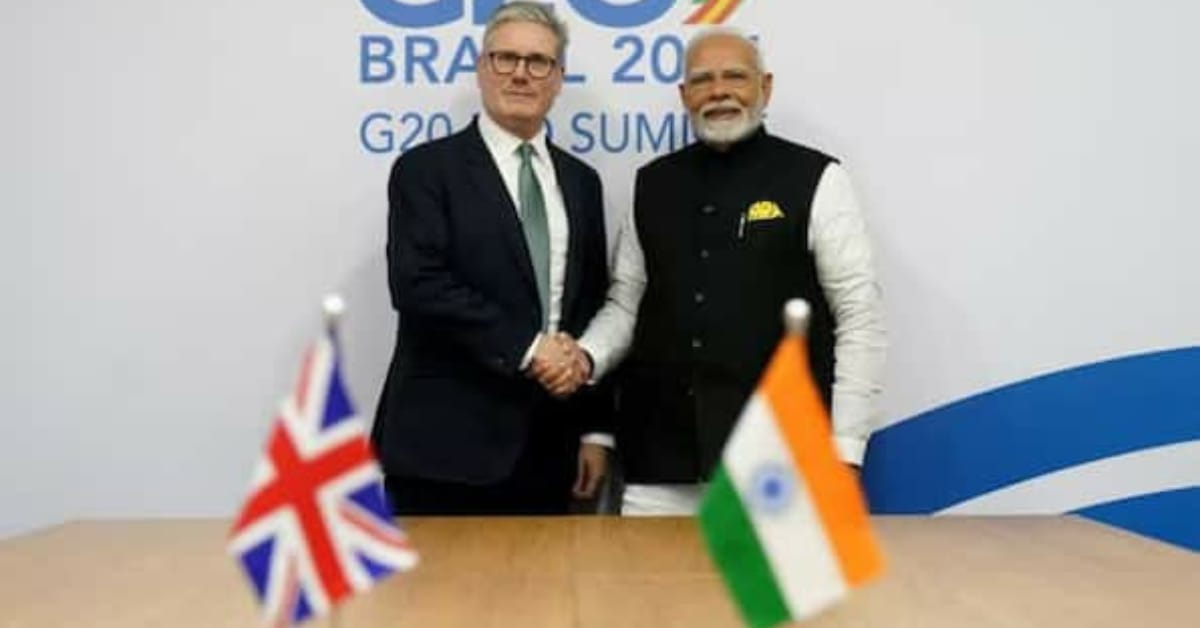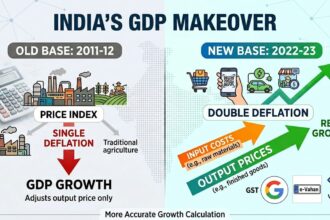On October 1, 2025, the Trade and Economic Partnership Agreement (TEPA) between India and the European Free Trade Association (EFTA) formally went into effect, signaling a turning point in India’s economic diplomacy. One million jobs and $100 billion in investment are promised by the landmark agreement over a 15-year period.
The agreement will open up previously unheard-of possibilities for trade, investment, and job creation, benefiting Indian individuals and companies while fortifying ties with four advanced European economies. Union Commerce and Industry Minister Piyush Goyal hailed the development as genuinely historic. This is India’s first free trade agreement with Switzerland, Norway, Iceland, and Liechtenstein.
TEPA differs from traditional free trade agreements in that it was signed on March 10, 2024, and EFTA members agreed to invest $100 billion in India over 15 years. In keeping with the government’s goals of inclusive growth, the agreement also pledges to generate one million direct jobs, tackling one of India’s most urgent economic issues. The agreement’s extensive tariff reduction yields significant benefits.
99.6% of India’s exports will have import tariffs removed or reduced by EFTA, and 95.3% of EFTA exports will have import tariffs removed or reduced by India. Exporters and importers benefit from a more stable business environment thanks to this framework, which offers market access to 100% of non-agricultural products and tariff concessions on processed agricultural products. Various industries will benefit with this on a sectoral level.
By promoting domestic manufacturing in the areas of infrastructure, machinery, pharmaceuticals, chemicals, food processing, transportation, logistics, banking, and financial services, TEPA will advance “Make in India” and Atmanirbhar Bharat. The agreement is especially well-positioned to increase India’s exports of business, IT, educational, and audio-visual services, opening doors for Indian businesses to grow in upscale European markets.
Professional mobility is covered by the agreement, which opens doors for Indian professionals in architecture, chartered accounting, and nursing through Mutual Recognition Arrangements. This removes obstacles to skilled Indian professionals’ mobility and creates opportunities in high-value industries.
To facilitate investment, promote joint ventures, and cultivate SME collaborations in the fields of renewable energy, life sciences, engineering, and digital transformation, a single-window platform has been established. The agreement embraces liberalization but includes protections for delicate domestic interests. In order to protect farming communities and vulnerable sectors, industries like dairy, soy, coal, and sensitive agricultural products continue to be on the exclusion list.
The government’s dedication to equitable and sustainable economic growth is reflected in this well-rounded strategy. To sum up, the India-EFTA Trade and Economic Partnership Agreement marks a turning point in India’s progress toward greater economic integration with the rest of the world. A comprehensive framework that surpasses conventional free trade agreements is produced by the agreement’s special fusion of tariff liberalization, investment pledges, job creation, and services trade provisions.
As the agreement comes into force, India stands poised to accelerate economic growth, create quality employment, and advance its vision of becoming a global manufacturing and services hub.









